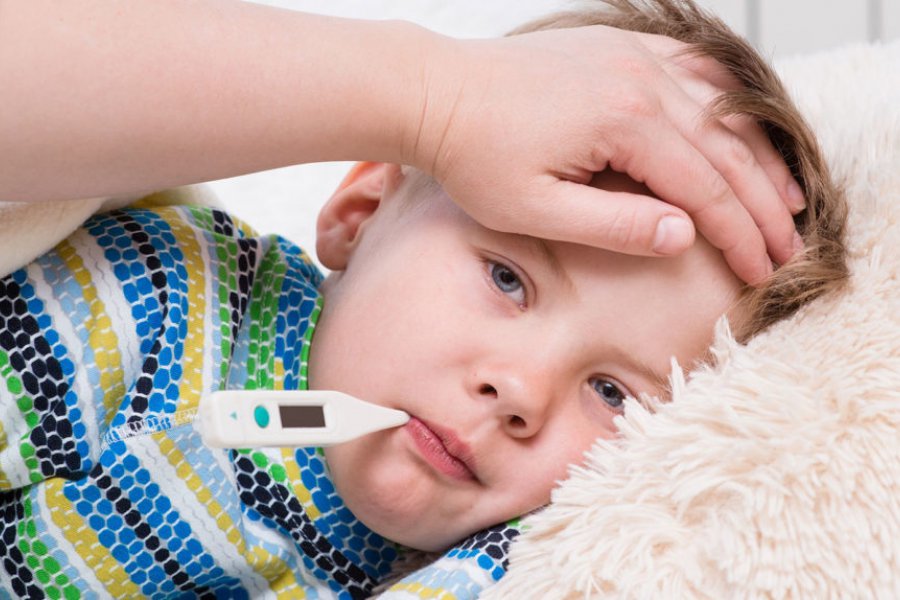Growth and development in children
Growth and development in children occur as a result of the combination of many factors, and these factors include the child's health, nutrition, genetic structure and environmental factors. Problems such as growth and developmental delay can affect a chi
Growth and development in children occur as a result of the combination of many factors, and these factors include the child's health, nutrition, genetic structure and environmental factors. Problems such as growth and developmental delay can affect a child's health, and therefore early diagnosis and appropriate treatment are important. Here's what you need to know about the causes and diagnosis of growth and development problems in children:
Causes of Growth and Development Problems:
Genetic Factors: Family history and genetic factors can affect a child's growth potential. If there is a family history of short stature or growth and development problems, the child's growth potential may be affected by these factors.
Nutritional Problems: Inadequate or unbalanced nutrition can negatively affect children's growth and development.
Hormonal Problems: Some hormonal problems can cause growth and development problems. For example, growth hormone deficiency (growth hormone deficiency) can cause these problems.
Chronic Diseases: Chronic diseases can affect a child's growth and development. For example, kidney diseases, heart diseases or digestive system problems can lead to growth problems.
Environmental Factors: Inadequate living conditions, poor hygiene, inadequate vaccinations and harmful environmental factors can negatively affect children's growth and development.
Diagnosing Growth and Development Problems:
The following steps can be taken to diagnose growth and development problems in children:
Evaluation: The child's doctor takes regular measurements of the child's height, weight, and head circumference to evaluate growth and development problems. These measurements show whether the child's growth is on a normal course.
Detailed History: The doctor collects detailed information about family history, eating habits, health history and other factors. It asks whether there are genetic factors or chronic diseases in the family that may cause growth problems.
Laboratory and Imaging Tests: The doctor may recommend medical tests such as blood tests, urine tests, or imaging tests to determine the underlying cause of the growth problem.
Nutrition Evaluation: The child's nutritional status is evaluated. Malnutrition or nutritional disorders can cause growth problems.
Developmental Tests: The child's developmental stages are also evaluated. Motor skills, language skills and other areas of development are examined.
Expert Consultation: If necessary, pediatric endocrinologists, nutritionists, or other specialists may be consulted to evaluate and treat the child's growth problems.
Growth and development problems can be managed by determining the underlying cause and creating an appropriate treatment plan. Early diagnosis and intervention are important to support your child's health and development. If you think there are problems with your child's growth and development, it is important to consult a pediatrician.






